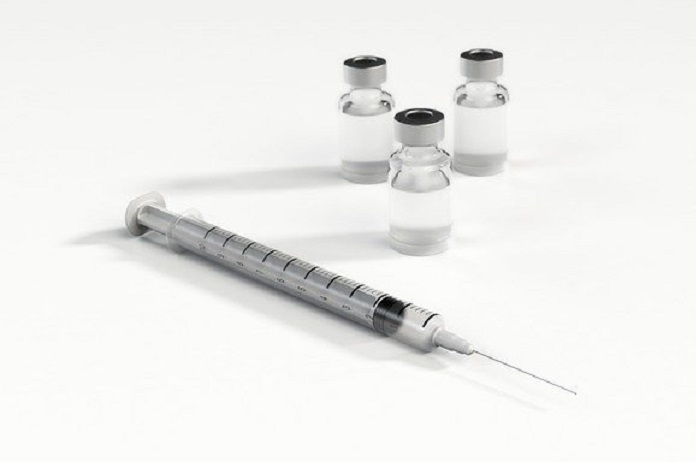BCG vaccine may provide a level of protection against COVID-19.
The SARS-CoV-2 virus has spread to every corner of the planet over the last 12 months. Scientists and health experts have been racing to gather as much information on the virus as possible so as to aid global efforts to combat COVID-19. One of the few advantages of the rapid spread of the virus is that it has provided researchers with large sample sizes for observational studies. One such observation in the early months of the pandemic was an apparent correlation between countries that vaccinate their population using the BCG vaccine and improved patient outcomes.
The BCG vaccine has been shown in the past to produce a non-specific protection against diseases other than tuberculosis. It is therefore possible that the BCG vaccine may reduce the susceptibility to SARS-CoV-2 and/or result in improved outcomes in individuals who do contract the virus. This is the hypothesis put to the test by a new study recently published in The Journal of Clinical Investigation (1).
In order to test this hypothesis, the researchers examined a group who are among those most exposed to SARS-CoV-2 – healthcare workers. Early in the pandemic, a collaboration of frontline clinicians and scientists formed CORALE, the Coronavirus Risk Associations and Longitudinal Evaluation studies group. This created two cohorts for the purposes of conducting observational research. One of these cohorts contained 6,201 frontline healthcare workers. These healthcare workers were recruited from multiple sites around Los Angeles.
Participants completed an electronic survey to gather data on demographics, vaccination history, history of COVID-19 diagnosis, and their experience of any COVID-19 symptoms. They also provided a blood sample, which was tested for the presence of antibodies against the SARS-CoV-2 virus. Sample collection was conducted between May 11th and June 18th 2020.
A statistical analysis was then conducted to examine any relationship between BCG vaccine and SARS-CoV-2 infection. The demographic data allowed the researchers to control for variables such as age and sex.
From the original cohort, 1,836 had been vaccinated using the BCG vaccine whereas 4,275 had not. In total, 3.5% of the entire cohort tested positive for SARS-CoV-2 antibodies. Individuals who were vaccinated were slightly less likely to report having experienced COVID-19-related symptoms in the previous six months. Furthermore, they were significantly less likely to report having been diagnosed with COVID-19 either through a medical diagnosis or a positive RT-PCR test. This trend carried over into the antibody seroprevalence results. Amongst the group who had received the BCG vaccine, just 2.7% tested positive for SARS-CoV-2 antibodies whereas this figure increased to 3.8% in the unvaccinated cohort.
The vaccinated cohort was slightly older and contained significantly higher levels of comorbidities such as hypertension, cardiovascular disease and chronic obstructive pulmonary disorder. Despite this, the vaccinated cohort fared better in terms of SARS-CoV-2 infection.
The authors also examined whether a similar pattern is observed if you look at other vaccines. They repeated their analysis using meningococcal, pneumococcal and influenza vaccines respectively. They determined that these vaccines did not produce the same apparent protective effect seen with the BCG vaccine.
One of the limitations of this study however is the fact that the vaccinated cohort contained higher levels of comorbidities. Although this is reported as strengthening the case for a BCG protective effect, it may be that the group with more comorbidities were likely to be more cautious in their behaviour. It’s possible that the lower levels of infection in this group are as a result of behaviour modifications rather than a protective BCG effect.
However, overall, the results strongly suggest the BCG vaccine provides some protective effect. Although the exact mechanism of this protective effect has not been determined, it has been observed with other respiratory conditions previously. The observational evidence is compelling and supports the wider use of the BCG vaccine, particularly in those most at risk of severe complications from COVID-19.
Written by
Michael McCarthy
1. Noval Rivas M, Ebinger JE, Wu M, Sun N, Braun J, Sobhani K, et al. BCG vaccination history associates with decreased SARS-CoV-2 seroprevalence across a diverse cohort of healthcare workers. The Journal of Clinical Investigation. 2020.
Image by Arek Socha from Pixabay



